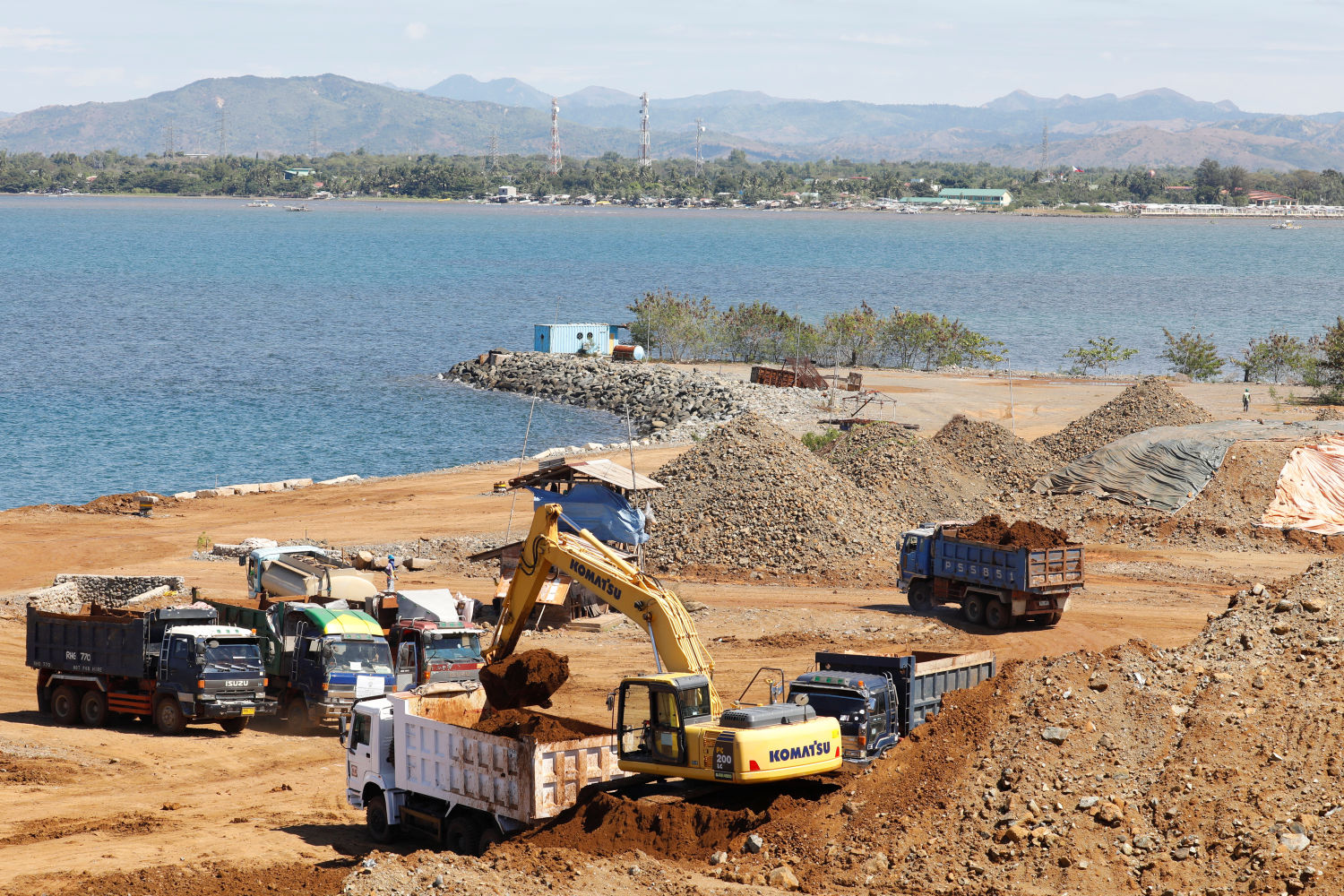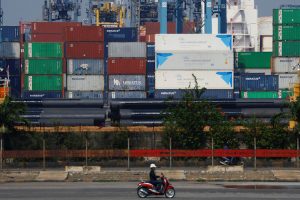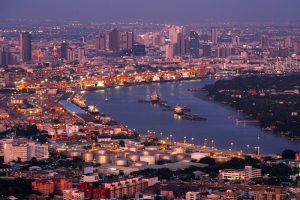(ATF) Philippine President Rodrigo Duterte on Thursday lifted a nine-year ban on new mining projects, as part of a raft of measures designed to boost revenue and spur investment in the Southeast Asian country’s coronavirus-devastated economy.
The mining industry has stagnated since 2012 when Duterte’s predecessor, Benigno Aquino, imposed a moratorium on new projects following a public backlash over a series of devastating mining accidents.
The executive order released Thursday was welcomed by the mining sector – but environmental groups branded the decision “outrageous” and warned it could lead to more environmental disasters.
Duterte – who had previously threatened to shut down the mining sector completely – is facing growing criticism over his handling of the pandemic that has crippled the economy and thrown millions out of work.
The Philippines is one of the world’s biggest suppliers of nickel and is also rich in copper and gold, but Duterte said less than 5% of the country’s mineral reserves had been tapped.
He said the mining industry could bring “significant economic benefits to the country” by supporting the government’s “Build, Build, Build” infrastructure programme and creating jobs.
RATIONALISING INCENTIVES
The move follows a landmark law that cuts corporate income tax by as much as 10% and “rationalises fiscal incentives”.
The Corporate Recovery and Tax Incentives for Enterprises Act, known as the CREATE law, will provide about 1 trillion pesos ( about $20 billion) worth of tax relief to businesses over the next 10 years.
Finance Secretary Carlos Dominguez said the law “signals to the rest of the world that the Philippines is back in the game to attract investments, create jobs, and achieve inclusive growth.”
The legislation slashes the corporate income tax rate from 30% to 20% for small enterprises with net taxable income of 5 million pesos or less and with total assets of not more than 100 million pesos. Larger firms will pay 25%.
Dominguez said the law rationalises the country’s fiscal incentives system “in a manner that will enable the government to provide competitive and well-targeted incentives to investors in priority industries and locations”.
Enterprises with investments that qualify under the government’s Strategic Investment Priority Plan can use an income tax holiday of four to seven years.
With reporting by Agence France-Presse
























